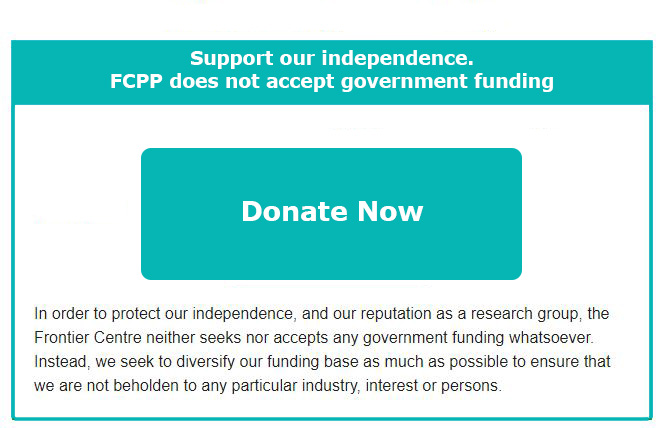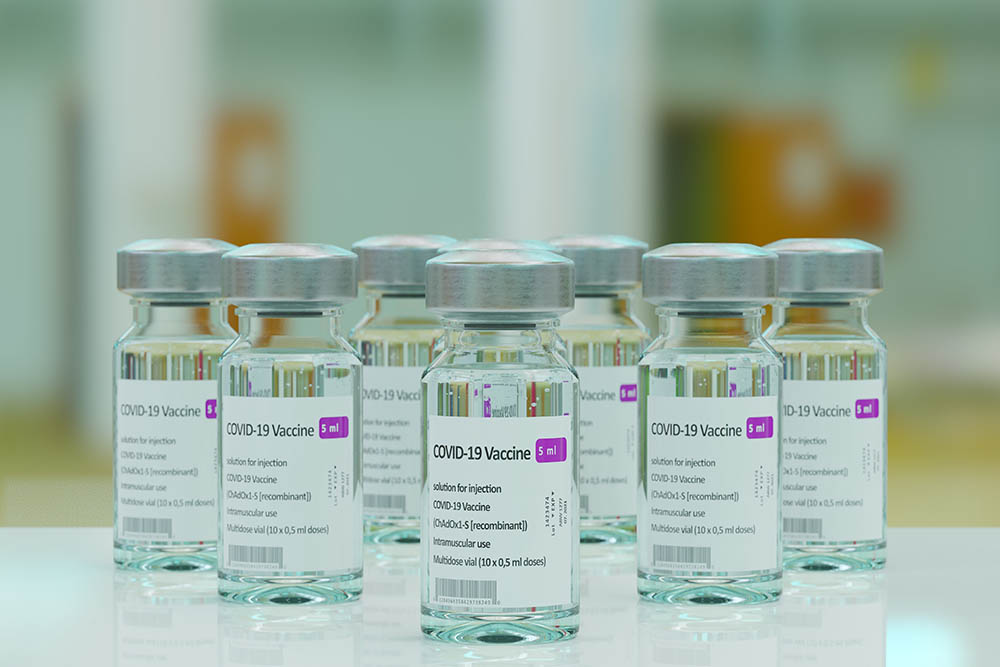Vaccines are seen as the key to ending the COVID-19 crisis. From the beginning of the crisis, many pharmacy laboratories worldwide tried to develop a vaccine against the virus. Some of them have been successful. Among the most used vaccines, three are from U.S. companies—Moderna, Pfizer (in cooperation with Germany) and Johnson and Johnson—one from a British-Swedish company (AstraZeneca), one from Russia (Sputnik V) and three from China (CanSino, Sinopharm and Sinovac).
But creating a vaccine is one thing, having enough of it for the population is another. Here comes the problem of supply management. The early results of the vaccination campaign reveal some lessons. The companies producing the vaccines are concentrated in very few countries like the U.S., China, the U.K. and Russia. Other countries are dependent on these supplies. Moreover, the EU strategy of distribution shows that centralization has not been efficient.
Different Strategies
On May 18, with 58.9 per cent of its population fully vaccinated, Israel led the ranking. Followed by the U.S. with 37 per cent of the population fully vaccinated and the U.K. with 30 per cent. If we only look at the share of the population given at least one dose, the respective numbers are 62.8 per cent, 47.2 per cent and 54.1 per cent. 
For the U.K. and the U.S., these high rates can be linked to producing vaccines thanks to their competitive enterprises. In the U.S., this success can be related to the deregulation of the development of the vaccine. Indeed, “The Food and Drug Administration (FDA) has allowed private and public laboratories to develop coronavirus test kits before obtaining emergency use authorization.”
More power has been given to states to oversee the kits being developed and the laboratories using them. Major American laboratories have succeeded in creating a vaccine that is now exported in many countries worldwide. Bureaucratic restrictions in some countries have hindered the development of vaccines from promising laboratories: the renouncement of the vaccine candidate developed by the Institut Pasteur in France is an example.
For Israel, the key to success was the structure of its healthcare system. It is organized with four Health Maintenance Organizations (HMOs), Clalit, Maccabi, Meuhedet and Leumit, which ensure that all citizens in the country remain independent of each other and decentralized. The Friedrich Naumann Foundation remarked that: “They run small medical centers all over the country, mostly organized on the municipal level, that can treat basic cases quickly and efficiently—releasing hospitals of congestion. This decentralized network of municipal medical centers of the HMOs allows quick and flexible organization of the vaccination campaign across the country.” For the supply management of doses, the Israeli government adopted a pro-business behaviour to secure vaccines.
The European case
The European Union chose a more regulated and centralized strategy, which failed. The negotiations for vaccine acquisition were made by European Union Institutions more than by member states. Cohesion was prioritized rather than speed. Most European countries have around 14 per cent of their population fully vaccinated. Only Malta with 32.5 per cent and Hungary with 28.5 per cent have good scores. Budapest secured vaccine supply by buying its own different vaccines—being able to secure doses from various sources paid off.
Lessons for Canada
Canada experienced some difficulties in receiving enough doses to ensure an efficient vaccine campaign. Indeed, only 3.8 per cent of the Canadian population is fully vaccinated. The different examples given show that a more decentralized approach leads to better results.
Canadian pharmacies can play a very important role in the vaccine rollout. But currently, depending on where they are, they may only get access to one type of vaccine versus the three used in Canada: Ontario and British Columbia only supply their eligible pharmacies with AstraZeneca. In the U.S., pharmacies are an essential element of the vaccination strategy. It is time to give them more power in Canada to speed up vaccinations.
Alexandre Massaux is a research associate with the Frontier Centre for Public Policy.
Photo by Braňo on Unsplash.



